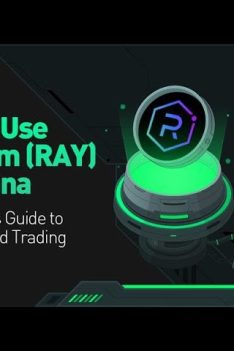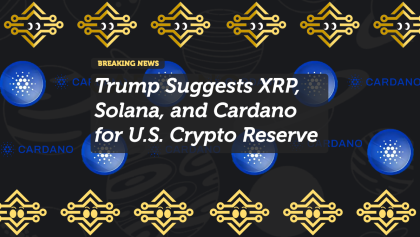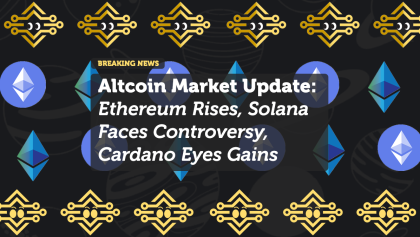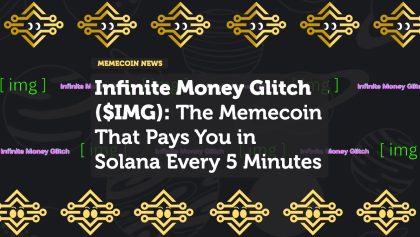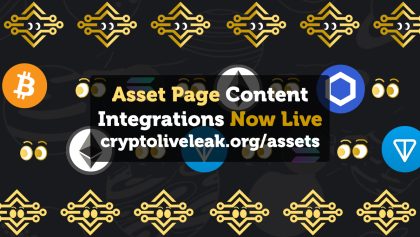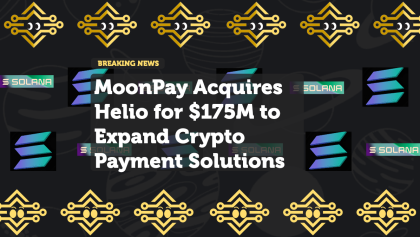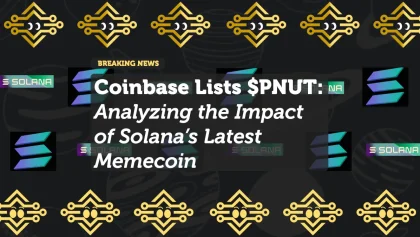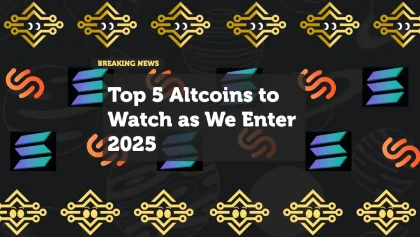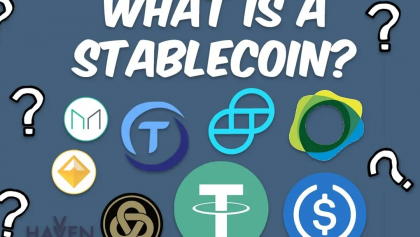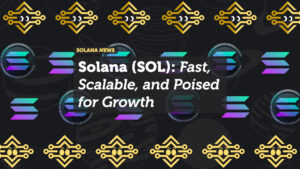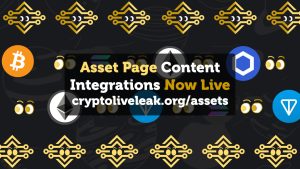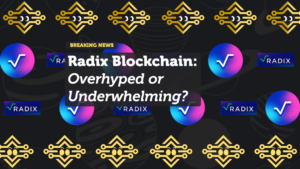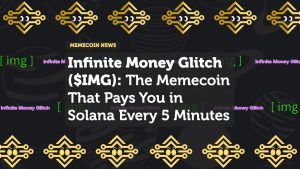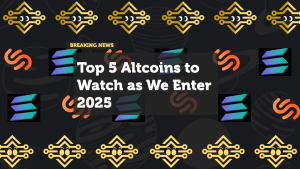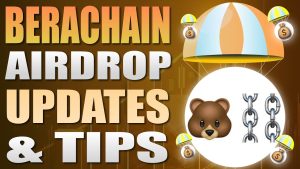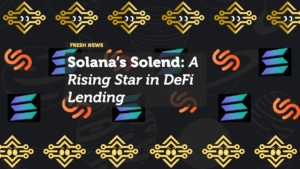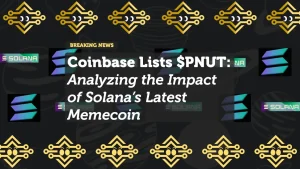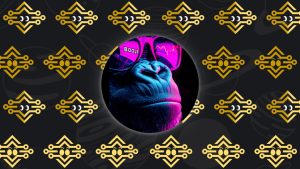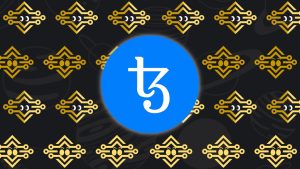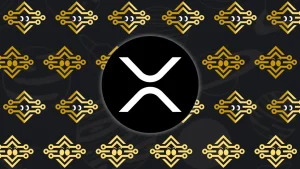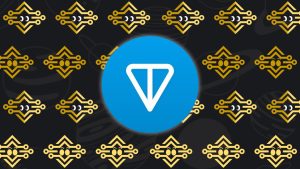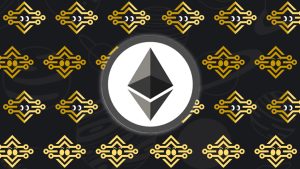Solana
Solana (SOL) is a high-performance, open-source blockchain platform designed for scalability and fast transaction processing. It supports decentralized applications (dApps) and cryptocurrencies by offering low fees and high throughput, capable of processing thousands of transactions per second (TPS).
Solana (SOL) is a high-performance, open-source blockchain platform designed for scalability and fast transaction processing. It supports decentralized applications (dApps) and cryptocurrencies by offering low fees and high throughput, capable of processing thousands of transactions per second (TPS).
Solana was launched in March 2020 by Anatoly Yakovenko and the Solana Labs team. The platform was developed to address the scalability issues of existing blockchains. Solana’s mainnet beta went live in 2020 with a focus on high throughput, low fees, and scalability. It has since grown into a robust ecosystem with various applications in decentralized finance, gaming, and NFTs.
The Solana project was founded by:
- Anatoly Yakovenko: Former Qualcomm engineer and the creator of Solana’s Proof of History consensus.
- Greg Fitzgerald: Co-founder and Chief Technology Officer (CTO), responsible for building the core systems of Solana.
- Raj Gokal: Co-founder and Chief Operating Officer (COO), leading strategy and operations.
The Solana Labs team includes world-class engineers, developers, and blockchain experts dedicated to scaling blockchain technology.
You can earn SOL through various methods:
- Staking: Delegate your SOL tokens to a validator to earn rewards.
- Participate in Airdrops: Some projects on the Solana ecosystem reward users with SOL or related tokens.
- Play-to-Earn Games: Many blockchain games on Solana offer SOL rewards.
- Develop dApps: Build and launch projects on Solana to generate income.
- Trading and Yield Farming: Use decentralized exchanges (DEXs) or liquidity pools on Solana-based platforms like Raydium or Orca to earn SOL.
Buying Solana is easy and secure through these methods:
Staking Solana (SOL) allows you to earn rewards while helping secure the Solana blockchain. Here’s a step-by-step guide to staking SOL:
1. What is Solana Staking?
Staking involves delegating your SOL tokens to a validator who processes transactions and helps maintain the network. As a delegator, you earn rewards based on the validator’s performance and your staked amount.
2. Choose a Staking Wallet
You’ll need a wallet compatible with Solana staking. Popular options include:
- Phantom
- Solflare
- Ledger (hardware wallet)
Set up your wallet and ensure it contains SOL tokens.
3. Select a Validator
Validators are the backbone of the Solana network. When choosing a validator:
- Look for one with a good uptime and a low commission rate (fees).
- Avoid staking all your SOL with a single validator to promote decentralization.
4. How to Stake SOL
Here’s how to stake using common wallets:
a. Phantom Wallet
- Open your Phantom wallet and click on your SOL balance.
- Select Start Earning SOL or Stake SOL.
- Choose a validator from the list.
- Enter the amount of SOL you wish to stake.
- Confirm the transaction.
b. Solflare Wallet
- Log into your Solflare wallet.
- Navigate to the Staking section.
- Select a validator and input the amount of SOL to stake.
- Approve the transaction.
c. Ledger Wallet
- Connect your Ledger wallet to a staking interface like Solana CLI or Solflare.
- Follow the platform’s instructions to delegate your SOL.
5. Monitor Your Stake
Once staked, your SOL tokens will begin earning rewards after the next epoch (~2-3 days).
- Use your wallet or Solana explorer tools like Solscan to track your staking rewards and validator performance.
Benefits of Staking Solana
- Earn Passive Income: Receive SOL rewards for delegating your tokens.
- Support Decentralization: Help secure the Solana blockchain by delegating to reliable validators.
- Flexible: You can unstake your SOL anytime (though it may take ~2 days to withdraw after unstaking).
Considerations Before Staking
- Validator Selection Matters: Poorly performing validators can impact your rewards.
- Network Risks: As with all staking, there are risks like slashing (though rare on Solana).
- Lock-Up Period: While you can unstake at any time, there is a cooling-off period before your SOL becomes available.
Staking SOL is an excellent way to grow your holdings while contributing to the security and scalability of the Solana ecosystem! 🚀
Proof of History (PoH) is an innovative consensus mechanism developed by Anatoly Yakovenko, the founder of Solana. It serves as a cryptographic clock that timestamps transactions to create a verifiable order of events on the blockchain.
How Proof of History Works
- PoH uses a cryptographic function (SHA-256) to generate a unique output from each input and the previous output.
- These outputs create a historical record of events that is both sequential and tamper-proof.
- Validators use this time-stamped record to quickly confirm the order of transactions without needing to communicate extensively, reducing latency and increasing throughput.
Key Features of Proof of History
Time as a Data Layer:
PoH embeds time into the blockchain, creating a universal and verifiable timeline.High Efficiency:
By reducing the need for constant validator communication, PoH significantly speeds up transaction validation.Scalability:
PoH allows Solana to process up to 65,000 transactions per second (TPS) while maintaining low fees.Low Energy Use:
Unlike Proof of Work (PoW), PoH works in tandem with Proof of Stake (PoS), ensuring an energy-efficient and eco-friendly blockchain.
Benefits of Proof of History
- Increased Speed: Transactions are validated faster due to the pre-verified order of events.
- Lower Costs: Efficient validation keeps transaction fees extremely low.
- Improved Scalability: Supports the growth of decentralized applications (dApps) and DeFi without sacrificing performance.
PoH vs. Traditional Consensus Mechanisms
| Feature | Proof of History (PoH) | Proof of Work (PoW) | Traditional Proof of Stake (PoS) |
|---|---|---|---|
| Speed | Extremely Fast | Slower | Fast |
| Energy Efficiency | High | Low | High |
| Scalability | High | Limited | Moderate |
| Transaction Order | Pre-determined | Requires consensus | Requires consensus |
Real-World Impact of PoH
Proof of History powers Solana’s ability to support:
- DeFi Protocols like Raydium and Serum.
- NFT Marketplaces like Magic Eden and SolSea.
- Blockchain Gaming with fast, real-time interactions.
Proof of History is a groundbreaking technology that sets Solana apart, enabling it to become one of the fastest and most efficient blockchains in the world. By solving the blockchain trilemma (scalability, security, and decentralization), PoH is a key driver behind Solana’s success.
- Decentralized Finance (DeFi): Lending, borrowing, and trading.
- NFTs: Minting, buying, and selling digital collectibles.
- Gaming: Blockchain-based games with low latency.
- Web3 Applications: Building dApps and metaverse projects.
- Network Outages: Solana has experienced some downtime in the past due to high traffic or bugs.
- Centralization Concerns: Some critics highlight the relatively low number of validators compared to other blockchains.
- Smart Contract Risks: As with any blockchain, poorly coded dApps or projects may pose risks.










